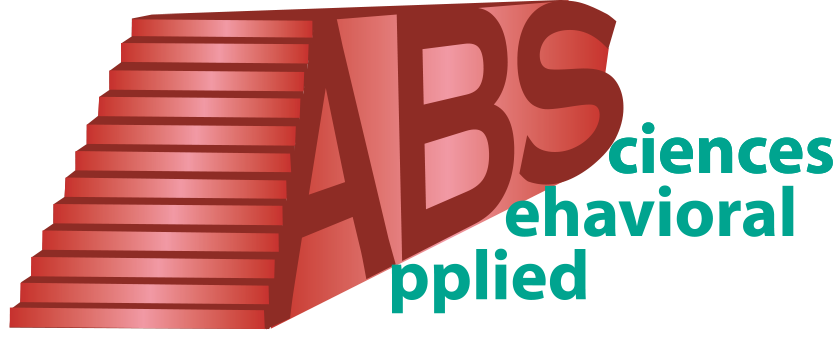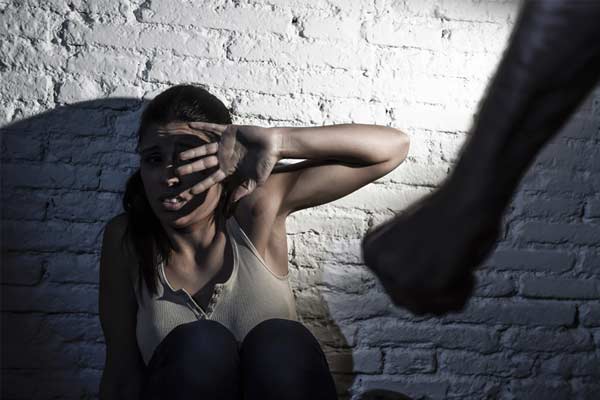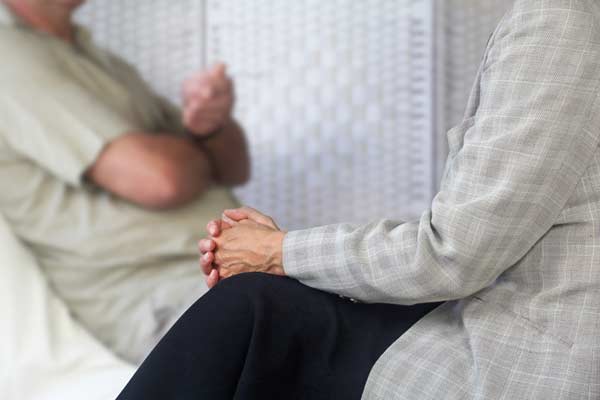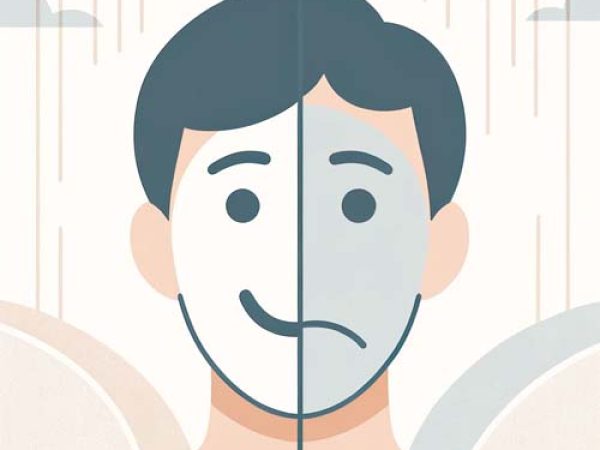

Welcome to Applied Behavioral Sciences Division of Forensic Behavioral Sciences
Check out how to schedule your first appointment with ABS
Counseling Programs at ABS
This ABS program helps clients stabilize their emotions, reducing both the emotional feeling of anger and the corresponding physical reactions.
This ABS program conducts certified rehabilitation & counseling that address violent behavior. This program includes domestic violence counseling, batterers intervention, domestic and gender-based violence.
This ABS program provides substance abuse evaluations, rehabilitation and counseling with drug testing.
This ABS program is New York State DMV and OASAS certified. It is an accountability based program designed to affect the attitudes and behavior of adult and adolescent offenders.
This ABS program strives to tackle and solve the behaviors of individuals affected by sex addiction with deviant arousal patterns and those who are accused or misunderstood.
This ABS program has a clinical team with specialized training in working with high-profile forensic clients with alleged impulse control issues such as sex offending, family violence, anger management, gambling, or addictions.
This ABS program provides rehabilitation and counseling for compulsive and problem gambling behaviors.
TESTIMONIALS
What our clients and community partners say
I am so glad that alternatives are available for my clients. I often find it best to recommend immediate enrollment in ABS outpatient services for defendants arrested for domestic violence, assaults, or sexual offenses. This helps them not only legally but emotionally and behaviorally. I was instantly able to find services at ABS for clients that speak English, Polish, Russian and other languages.
The hardest decisions I must make are pertaining to the welfare for children suspected of abuse or neglect from homes shattered due to anger, domestic violence, addiction or sexual abuse. Especially when blame is pointed in all directions. Having birth parents’ cooperation with ABS Human Betterment Programs always helps with decisions leading to reunification.
ABS’s Division of Forensic Behavioral Sciences Sexual Behavior Programs has been one of the most reliable programs respected by the New York State Unified Court System for as long as I can remember.
The accurate and expedient progress reporting is always appreciated at ABS. It helps with the monitoring and supervision of probationers on my caseload. I like the way the clinical team always finds time for consultation when it is needed, and I also like that those services are covered by most insurances.
INSIGHTS AND NEWS
Our Latest News
Bipolar Disorder: The Impact of Lifestyle Choices on Manic and Depressive States
Mania and depression are two distinct states often observed in bipolar disorder,...
Contact ABS
Treatment Available in
All 62 Counties of New York










